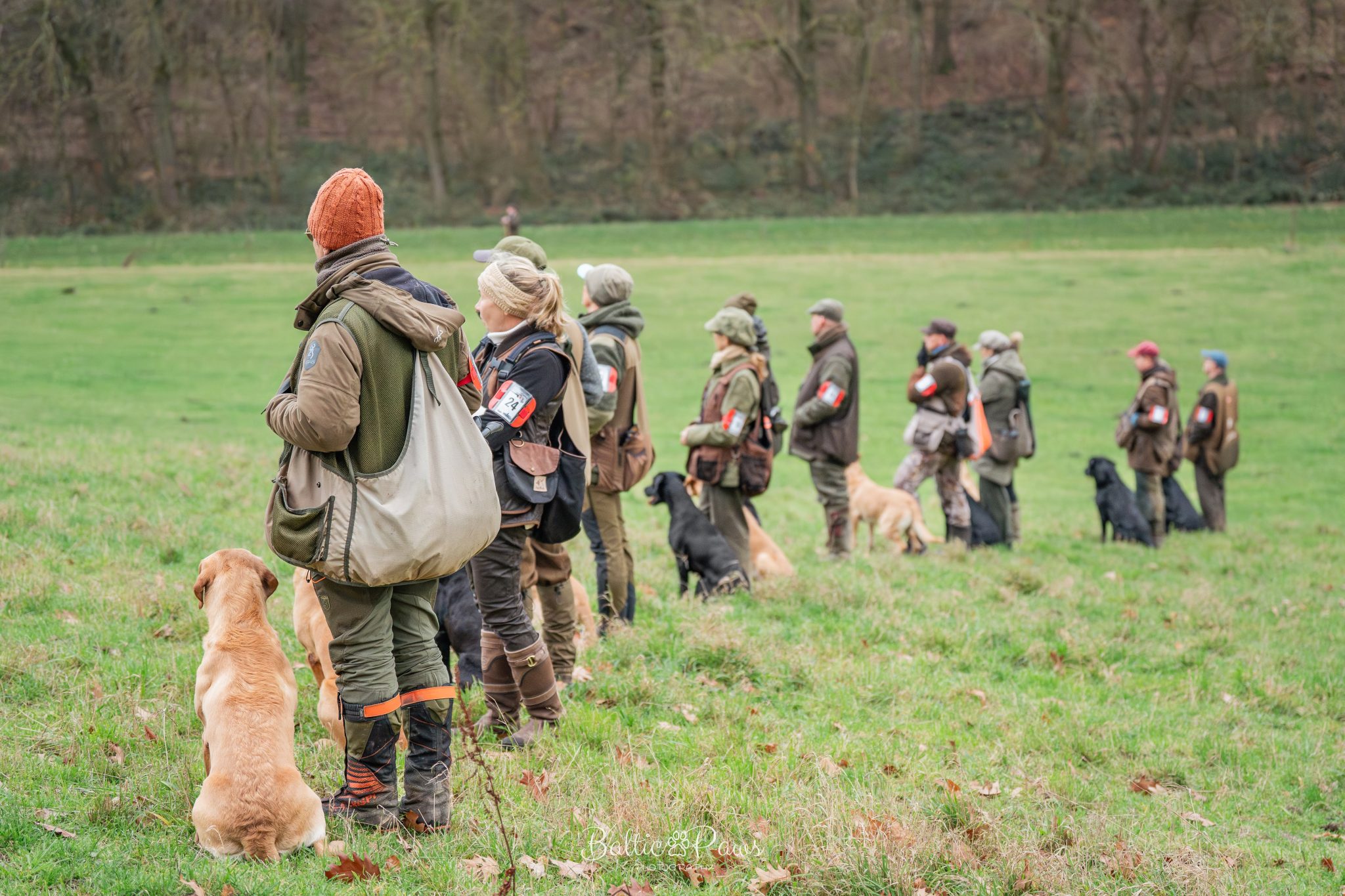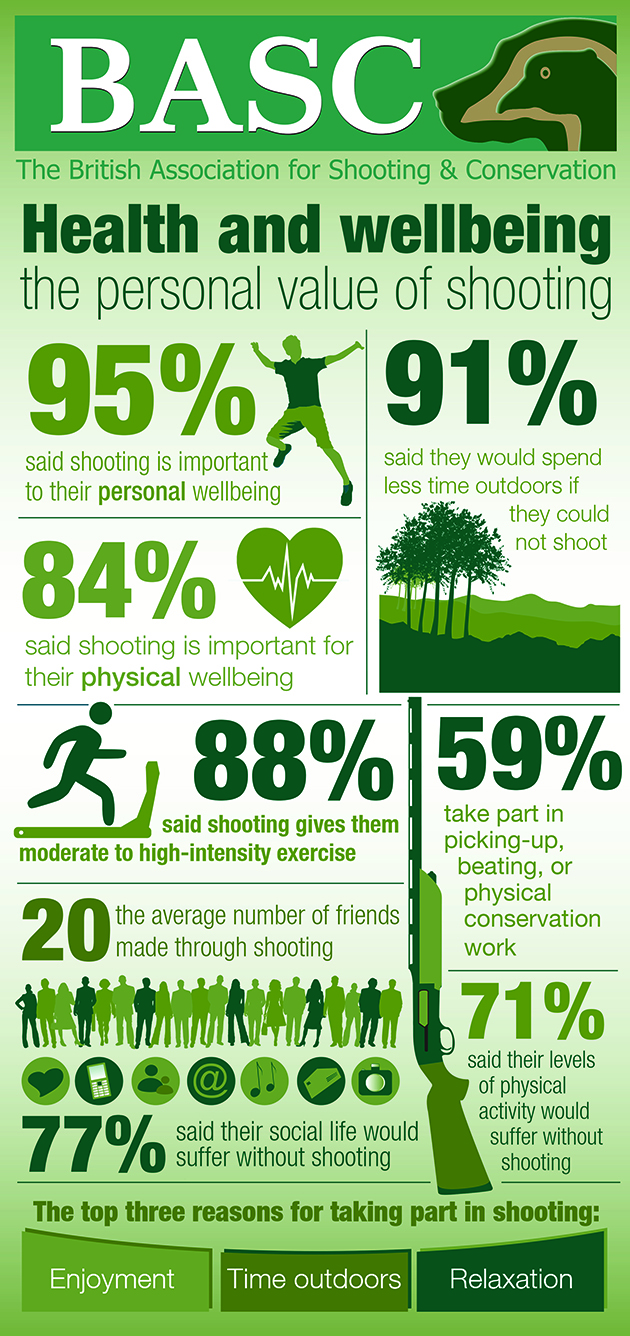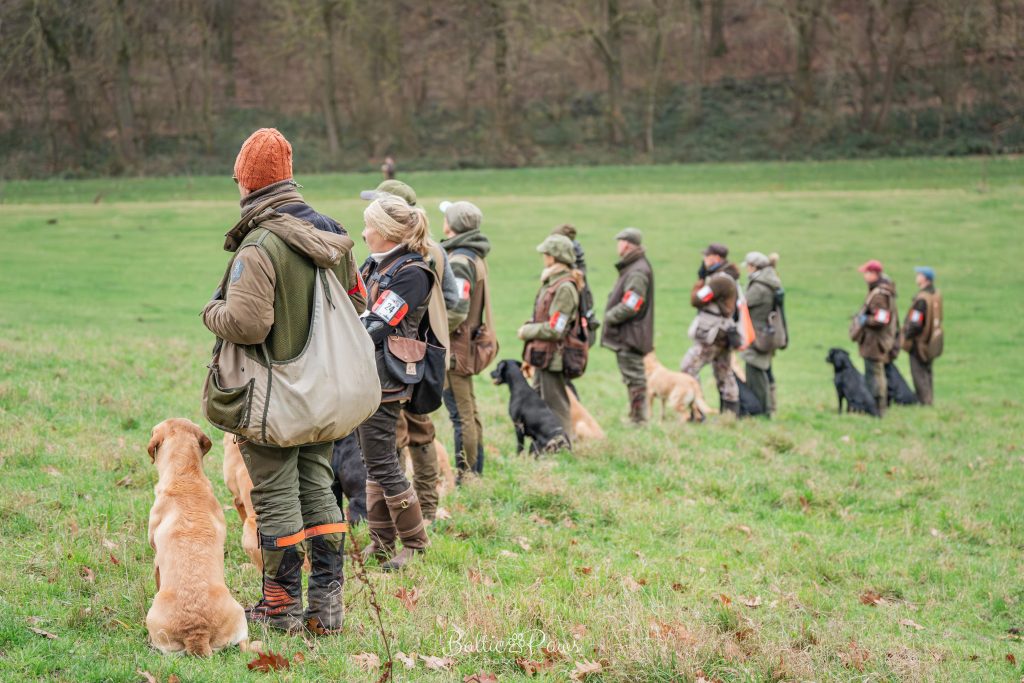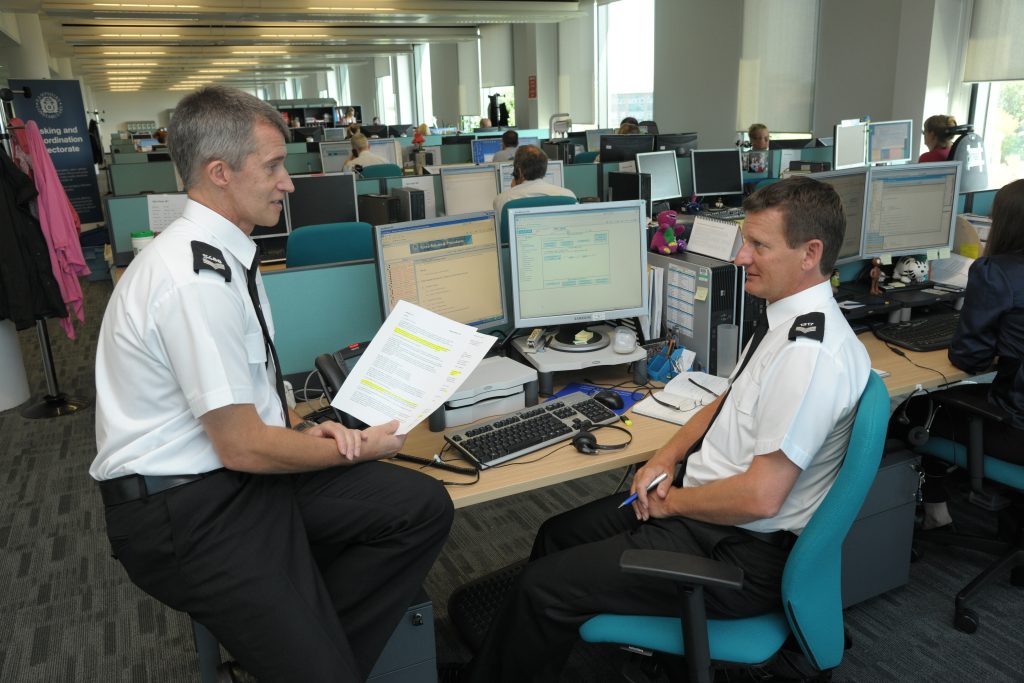The countdown is on for The British Shooting Show – book tickets online today and save on gate price!
BASC chief executive on the benefits of shooting
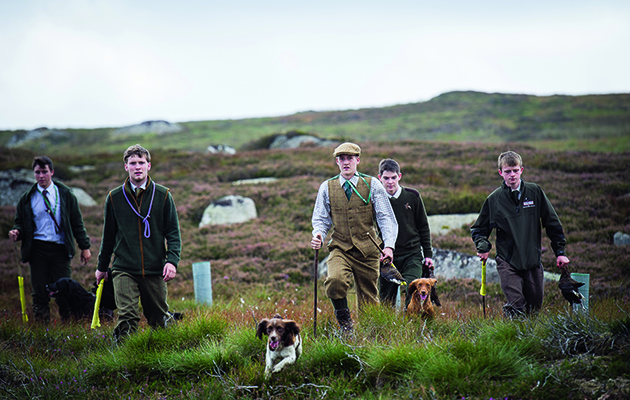 beaters
beaters
Volunteers make things happen. From the ladies who run the Cub Scouts, to the committee that arranges the village gala, and to the shotgun coaches who give their time to inspire the next generation, volunteers are so often the fabric of our pastimes and our communities.
Their contribution is so essential that the government now has a five-year strategy to understand just how important volunteering and taking part is. To quote the Department for Culture, Media
and Sport: “The government believes everyone should be able to access and participate in the arts, heritage and sport no matter what their background or where they come from, and that these activities have a vital role in health and well-being and in promoting social mobility through broadened experiences and networks.”
3.9 million days spent of conservation
You only have to think about the 3.9million days spent on conservation, the predator control that supports biodiversity and the positive impacts on health and well-being to start to understand the myriad benefits that shooting generates. Shooting activity produces significant economic and environmental benefits that improve people’s well-being in a national context: by providing jobs for people, strengthening local economies and nurturing a rich landscape for everyone to enjoy. As Martin Harper, director of conservation at the RSPB, says: “Plenty of farmers with shoots provide beneficial habitat management for wildlife and we recognise and value this.”
The personal well-being benefits generated by shooting stretch even further — from helping people develop skills, to improving their happiness and enjoyment of life, to raising their self-esteem and much more. in a recent survey BASC found that the overwhelming majority (95 per cent) of people surveyed said shooting was important to their personal well- being, with 68 per cent deeming it very important. more than half said that the feeling of well-being it gave them was a reason for taking part.
The glue that holds communities together
Shooting is the glue that holds communities together. The benefits it produces for local communities and businesses, in addition to the national economy, were clearly highlighted by BASC’s Value of Shooting report. Shooting also provides a cultural and local business benefit and, in some cases, even helps to reduce rural depopulation. Just over half of people surveyed (52 per cent) said one of their reasons for taking part in shooting was for food. a large proportion (70 per cent) said they shot to control pests and predators. Pest and predator control is an important service provided by shooters, which helps to maintain the security of our food chain and supports farmers.
The ill-informed and deeply bigoted
Only the ill-informed or the deeply bigoted would deny the value created by those passionate about shooting sports. Those who lack an understanding can be educated, and that is an important part of what BASC and its sister organisations are about. That brings me to the bigoted, who, in pursuit of their own narrow, doctrinaire aims seek, like leeches, to suck the spirit out of those who volunteer and take part.
It never ceases to amaze me when the default position of charities, NGOs and self-appointed commentators is so often to indulge in calls to “ban it, licence it, tax it”. Charity Commission guidance says that charities are supposed to conduct assessments of harm when considering a policy or an activity. When was the last time you ever heard of a charity doing this, let alone publishing an assessment?
Of course, some of the “ban it, tax it” brigade are not really bothered about unintended consequences. Their objective is to create conflict in a deliberate attempt to polarise and distort. While still used by the “class warrior”, the tactic is now also allied to fiery fund-raisers who, while not ideologically opposed to shooting, are happy to portray it as an enemy so long as that helps generate funds.
This conflict creation starts by characterising activities as problems, the linking those problems to
groups, then to whipping up political controversy and advocating draconian “solutions” such as taxing, licensing or banning. Each of these “solutions” is designed to make activities such as shooting more difficult to do, while providing a wider narrative that shooting is bad. Imagine a countryside without the effort the shooting community puts in to conservation. Does government really have the money to replace this private effort? Of course not.
Promoting the benefits of shooting
So, how can we keep the leeches from fastening themselves on to shooting? The answer is multifaceted, but each of us has a role to play. BASC and other organisations work to ensure that policymakers are aware of the economic, environmental and personal benefits shooting delivers, including raising awareness of the enormity of unintended consequences that unnecessary restrictions would cause for people across the UK.
We need to educate those who are not aware of the importance of shooting to people, to conservation and to the economy. We need to challenge the inaccurate and the bigoted. We also need to press all who gain from charitable status to fully adhere to the Charity Commission guidance on assessments of harm — and be prepared to argue for tighter legislation on the offenders if those calls are ignored. Above all we must ensure that those who seek to divide and rule, those who deal in conflict, bitterness and bans don’t win. It is co-operation for the benefit of all, not conflict, that produces public good.
Related Articles
Get the latest news delivered direct to your door
Subscribe to Shooting Times & Country
Discover the ultimate companion for field sports enthusiasts with Shooting Times & Country Magazine, the UK’s leading weekly publication that has been at the forefront of shooting culture since 1882. Subscribers gain access to expert tips, comprehensive gear reviews, seasonal advice and a vibrant community of like-minded shooters.
Save on shop price when you subscribe with weekly issues featuring in-depth articles on gundog training, exclusive member offers and access to the digital back issue library. A Shooting Times & Country subscription is more than a magazine, don’t just read about the countryside; immerse yourself in its most authoritative and engaging publication.





